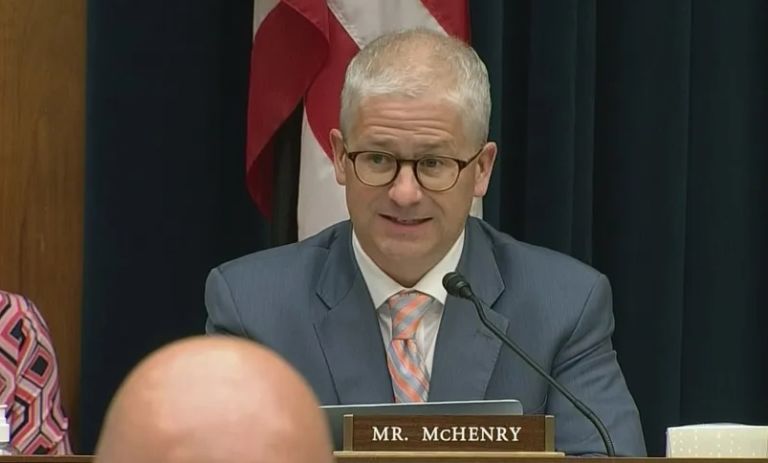Kevin Daley of the Washington Free Beacon highlights a legal challenge for federal COVID-19 relief measures.
Conservative legal groups are challenging the racially driven repayment programs Democrats included in their $1.9 trillion coronavirus relief act.
The American Rescue Plan Act includes billions of dollars in direct payments and loan forgiveness earmarked for minority farm owners and entrepreneurs. Framed as a milestone for racial justice, conservative legal groups say the policies are unconstitutional because they discriminate on the basis of race, violating equal protection principles.
The legal challenges are an early setback for the Biden administration’s racial equity agenda. A program that tried to buoy minority restaurant owners has already been blocked by a federal appeals court. A second program that targets farmers and ranchers of color appears to be in serious jeopardy.
Stephen Miller, a former Trump White House aide, is challenging the American Rescue Plan’s race-conscious policies through his new group, America First Legal.
“President Biden has cruelly betrayed the civil rights movement by explicitly and invidiously punishing Americans on account of their ancestry or skin color,” Miller told the Washington Free Beacon. “America First Legal will not relent in defense of equal rights and equal justice, the two sacred pillars upon which our liberty stands.”
The American Rescue Plan Act included $29 billion to help restaurant owners make payroll. The act directed the Small Business Administration to distribute that money only to certain people over the first three weeks of the program. Those “priority applicants” were defined as African American, Hispanic, Asian, or Native American restaurant owners, per a different federal law and the agency’s regulations.
The volume of priority applications ensured the fund would run out of money before the end of the three-week program.
Antonio Vitolo, who owns Jake’s Bar and Grill near Knoxville, Tenn., challenged the race-based preference in federal court. A divided three-judge panel of the Sixth U.S. Circuit Court of Appeals ruled for Vitolo on May 27.


